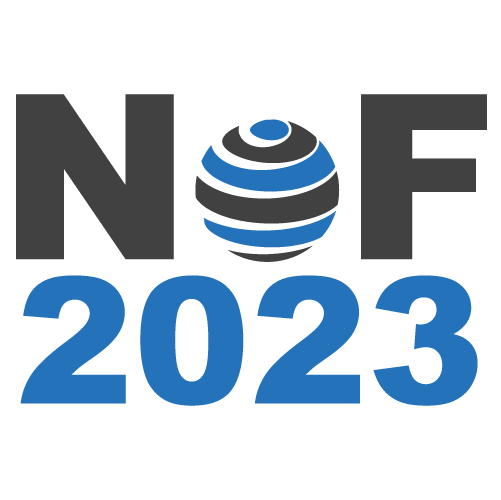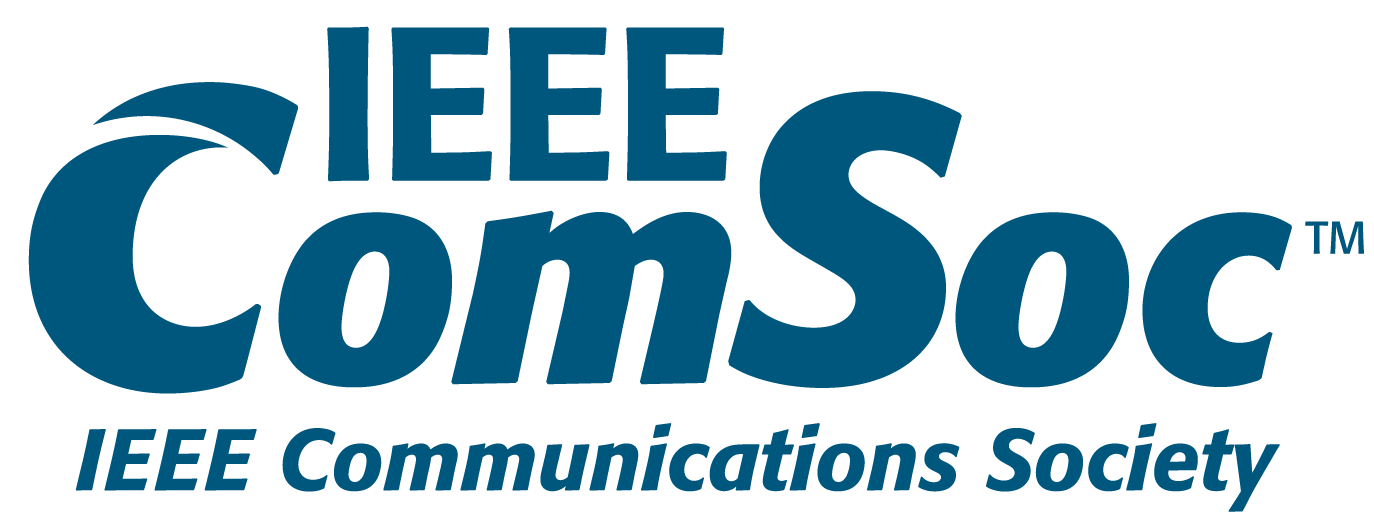NoF 2023 Panel
Title: How do we get from the current networks to the 5G vision?
There are many visions for the future of networking in the world of 5G (and now 6G). These visions are built on concepts such as programmability, automation, and virtualization, with the use of Edge and IoT devices, combined with techniques like Machine Learning and Artificial Intelligence.
We have all seen many presentations about what 5G will provide, however, the current network has what we might call issues.
Regarding the current position, although IP networks are considered best-effort and telecoms networks have some defined QoS, in many cases the QoS cannot always be manifested. Situations like: congestion in a cell, radio signals bouncing off buildings, weather conditions, lack of deployment, cause problems. For example, sometimes we get a strong cell signal but no data flow.
Are these observable network issues really a problem for the 5G vision, or will all of them magically go away with 5G.
As to who will make it happen, it seems that the people who are designing 5G networks from the signal to radio to architecture, have a different background and training to the requirements for the 5G vision applications which are layered on top of 5G. These applications are large, distributed software systems, which require knowledge and skills in software design, implementation, and selection of languages and run-times, and operating systems.
The questions we have are:
“How do we get from the current position to the 5G vision?”
“How do we overcome these issues, or will they go away with 5G?”
“Who is going to make this vision happen?”
“What is the path to the 5G vision and are the problems that exist that limit the implementation of the vision?”
Moderator:

Stuart Clayman
(UCL, UK)

Stuart Clayman
(UCL, UK)
Bio: Stuart Clayman received his PhD in Computer Science from University College London in 1994. He is currently a Principal Research Fellow at UCL EEE department, and he has worked as a Research Lecturer at Kingston University and at UCL. He co-authored over 75 conference and journal papers. His research interests and expertise lie in the areas of software engineering and programming paradigms; distributed systems; virtualised compute and network systems, network and systems management; sensor systems and smart city platforms, and artificial intelligence systems. He is looking at multi-domain distributed systems, new techniques for large-scale sensor systems, as well as enhanced mechanisms for end-to-end delivery of digital video. He also has extensive experience in the commercial arena undertaking architecture and development for software engineering, distributed systems and networking systems. He has run his own technology start-up in the area of NoSQL databases, sensor data, and digital media.
Panelists:
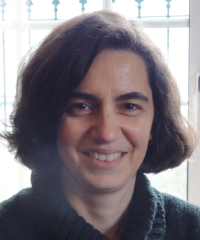
Susana Sargento
(University of Aveiro, Portugal)
Bio: Susana Sargento is a Full Professor in the University of Aveiro and a senior researcher in the Institute of Telecommunications, where she is leading the Network Architectures and Protocols group. She was a visiting PhD student in Rice University (2000-2001), and a Guest Faculty in Carnegie Mellon University (2008).
Susana has been leading research projects with telecom operators and OEMs. She has organized several international conferences and workshops, such as ACM MobiCom, IEEE Globecom, and has also been a reviewer of conferences and journals, such as IEEE Networks, IEEE Communications.
Susana has co-founded a vehicular networking company, Veniam (www.veniam.com), she is the winner of the 2016 EU Prize for Women Innovators, and the winner of Femina 2020 prize in Science. She is also the co-coordinator of the national initiative of digital competences in the research axis INCoDe.2030, belongs to the evaluation committee of the Fundo200M (www.200m.pt), and she is one of the Scientific Directors of CMU-Portugal Programme.
Her main research interests, with more than 400 scientific papers, are in the areas of self-organized networks, in ad-hoc and vehicular network mechanisms and protocols, such as routing, mobility, security and delay-tolerant mechanisms, resource management, and content distribution networks. She regularly acts as an Expert for European Research Programmes.
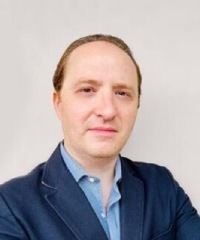
Massimo Tornatore
(Politecnico di Milano, Italy)
Bio: Massimo Tornatore is a Professor with the Department of Electronics, Information, and Bioengineering, Politecnico di Milano. He has also held appointments as Adjunct Professor at University of California, Davis, USA and as visiting professor at University of Waterloo, Canada.
His research interests include performance evaluation, optimization and design of communication networks (with an emphasis on the application of optical networking technologies), network virtualization, network reliability and machine learning application for network management. In these areas, he co-authored more than 400 peer-reviewed conference and journal papers (with 20 best paper awards), 2 books and 1 patent. He is a member of the Editorial Board of IEEE Communication Surveys and Tutorials, IEEE Communication Letters, IEEE Transactions on Network and Service Management, IEEE Transactions on Networking, and Elsevier Optical Switching and Networking. Dr. Tornatore is an IEEE Fellow.
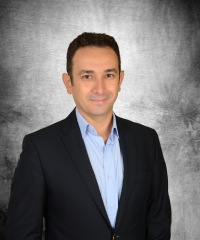
Burak Gorkemli
(Argela, Turkey)
Bio: Dr. Burak Gorkemli is the Product and Innovation Director in Argela, where he works for the disaggregation and virtualization of the fixed broadband access network, leads the reference design activities in the Open Networking Foundation (ONF) and participates in standardization communities like the Broadband Forum (BBF). He has been in the telecommunication industry for 25 years, where he designed/developed solutions for SS7, GSM and IP networks, managed R&D projects, coordinated patent applications and supervised university collaborations. Dr. Gorkemli holds 14 patents on SDN, NFV, IP and telecommunication technologies.
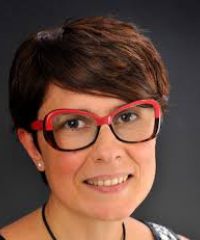
Barbara Martini
(Universitas Mercatorum, Italy)
Bio: Barbara Martini is a Professor at Universitas Mercatorum, Italy in Software Engineering and coordinator of PhD Program in Big Data and Artificial Intelligence. She is also Affiliate Professor with Scuola Superiore Sant’Anna, Italy. After her Master Degree at University of Florence in Electronic Engineer, she worked as software designer, developer and product integrator for two large telco companies, Italtel and Marconi Communications (currently, Ericsson), from 1999 to 2003. She was with the Italian University Consortium for Telecommunication (CNIT) from 2003 to 2022 coordinating research activities in the field of network virtualization and orchestration in 5G, network control/management architectures and programmability, service platforms for networking, and security solutions for multi-domain networks and NFV deployments also relying on AI/ML. The research is carried out in several application scenarios, from Logistics, Genomics to E-health, to name a few. Prof. Barbara Martini co-authored over 100 papers in top-notch scientific journals and international conference proceedings.
She has been involved in several national/EU research projects with leading roles, the recent ones 5GPPP 5GEx, 5GTRANSFORMER, 5GROWTH in 5G/SDN/NFV, ICONET in Physical Internet for Logistics, FIRE project and several enterprise job orders. I served/am serving as Associate Editor for IEEE TNSM and JON, and as OC member in many flagship conferences in network softwarization since 2018 and recently with relevant roles such as General chair at NetSoft 2023 and ICIN2024.
